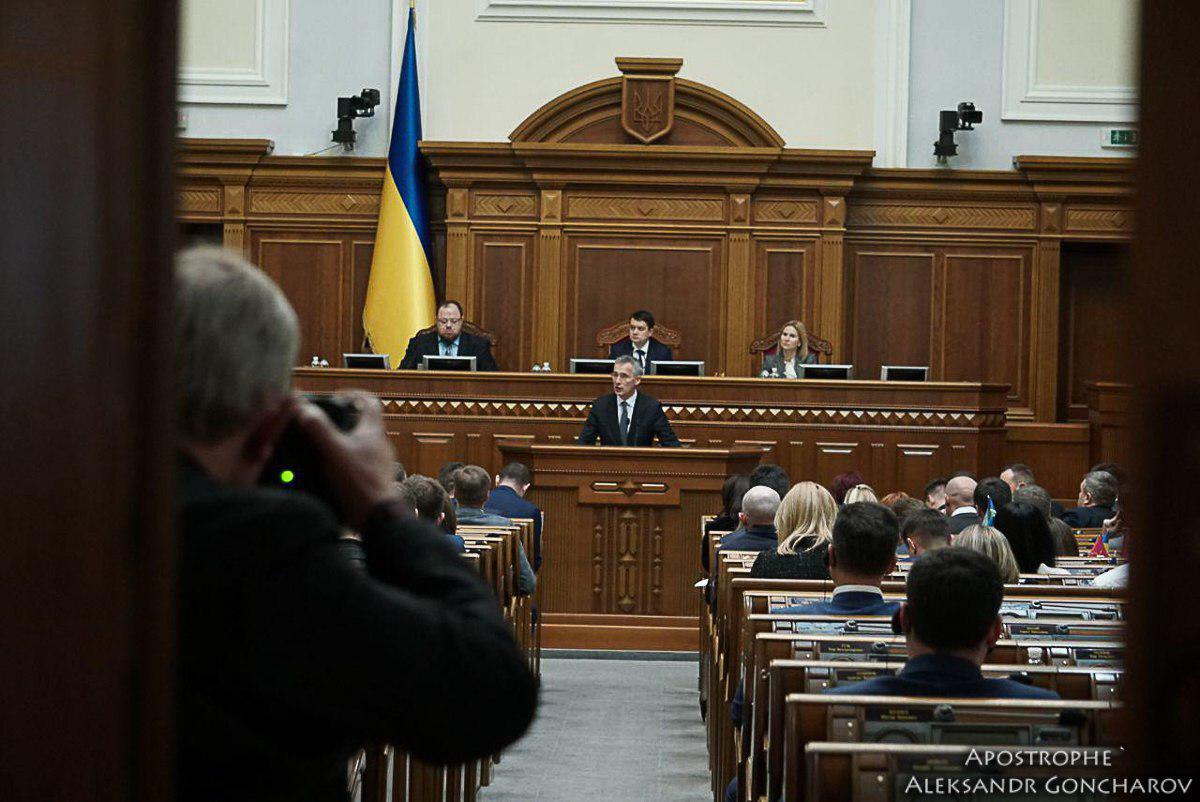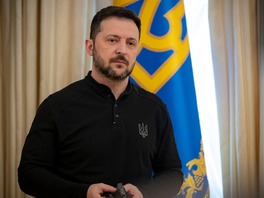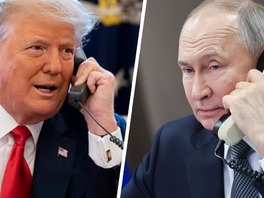Ukraine should not apply for MAP again. It is better to shift the emphasis of cooperation with NATO to the practical side and stop using the Euro-Atlantic theme as a field for endless speculation. According to the foreign policy expert of the International Centre for Policy Studies Mykola Kapitonenko, political outbursts do not represent any practical value for foreign and security policy.
This has happened before: a letter with a request to provide Ukraine with the NATO Membership Action Plan (MAP), signed by the President, the Head of Parliament and the Prime Minister. The plot is familiar. Foreign policy ideas, which roam in circles, do not work and do not lead to anything, yet again returning to the agenda and politicians' speeches. As a rule, in less favorable conditions for us.
The proposal of former President Petro Poroshenko on the Verkhovna Rada's appeal to NATO is a vivid example. In his opinion, 11 years ago, when we were denied in response to a similar request, the reasons were the lack of consolidation of power and weak support for the idea of membership in public opinion in Ukraine. In this point of view, there is either too little understanding of the mechanisms of NATO's work or too much political insincerity.
In 2008, we did not receive MAP because of the position of Germany and France, with the strong support of Washington. Instead of learning from the failure and trying to stop trying to trade talks about NATO, we routinely blamed everything on Moscow's "hand" and accepted the bankruptcy of Atlantic politics. Yanukovych's rapid winding down of Euro-Atlantic integration became possible, among other things, because its stall became apparent.
Today the situation is really different. Ukrainians are more eager to join NATO, which is reflected in the doubled public support for membership. But we will not build effective cooperation with the Alliance and will not join it, on the basis of public opinion figures in Ukraine. No one in NATO doubts that Ukraine wants to join the Alliance - it would be strange not to want this in a situation where the prospect of long-term confrontation with an aggressive and much stronger neighbor looks most likely. But the lesson that obviously not everyone in Ukraine has learned is that NATO membership will become a reality when everyone - or almost everybody else, given the potential for diplomatic pressure or lobbying wants it. We need to gain the support of all the most influential member states of the Alliance so that the talk of MAPs becomes a reality, not a disconnected dream.
The simple truth is that, despite all the talks and relics, we have not come any closer to NATO membership or MAP in the 11 years since the Bucharest Summit. Our usual rhetoric - for example, about protecting Europe from Russian aggression - is not working. Even if it did, what would be the point in Europeans taking responsibility for our security when we already have to restrain Russia?
The world has changed. MAP was a good tool in the realities until 2014 - today everything is different. Having a high level of cooperation with the Alliance is more profitable and valuable than MAP. Today, states are more appreciative of effective security guarantees, which means that they will not want to sacrifice the integrity of the Alliance for the sake of an extremely insignificant increase in its military capabilities. For those member states that consider the Russian threat to be significant, and for those that do not consider it so, it makes much less sense to admit Ukraine to NATO. Today's world raises the price of reliable protection and reduces our chances of paying such a bill.
No one can guarantee or even promise us membership in NATO today. The same applies to MAP. Repeating phrases about open doors is the maximum that we can count on. But what is their practical significance?
Stabilization in the East - at least freezing the conflict, achieving a modusvivendi with Russia and minimizing the likelihood of a new military conflict, turning Ukraine into a truly democratic state at least at the level of Romania's DemocracyIndex rating and deep security sector reform - that's a set of conditions under which we can go back to talking about NATO membership so that it is not a set of fantasies.





